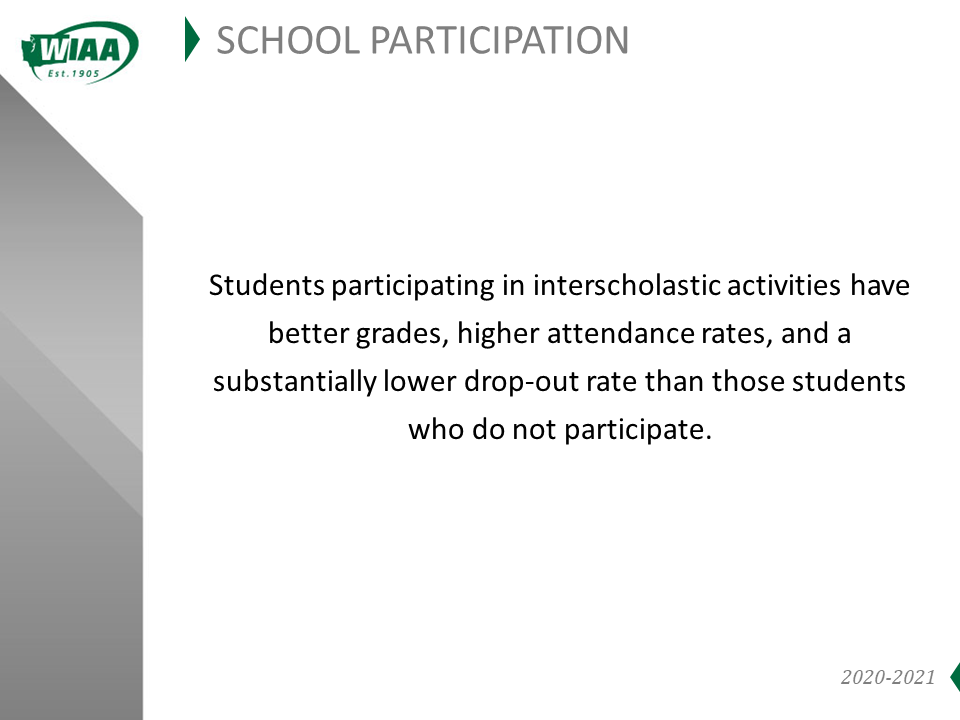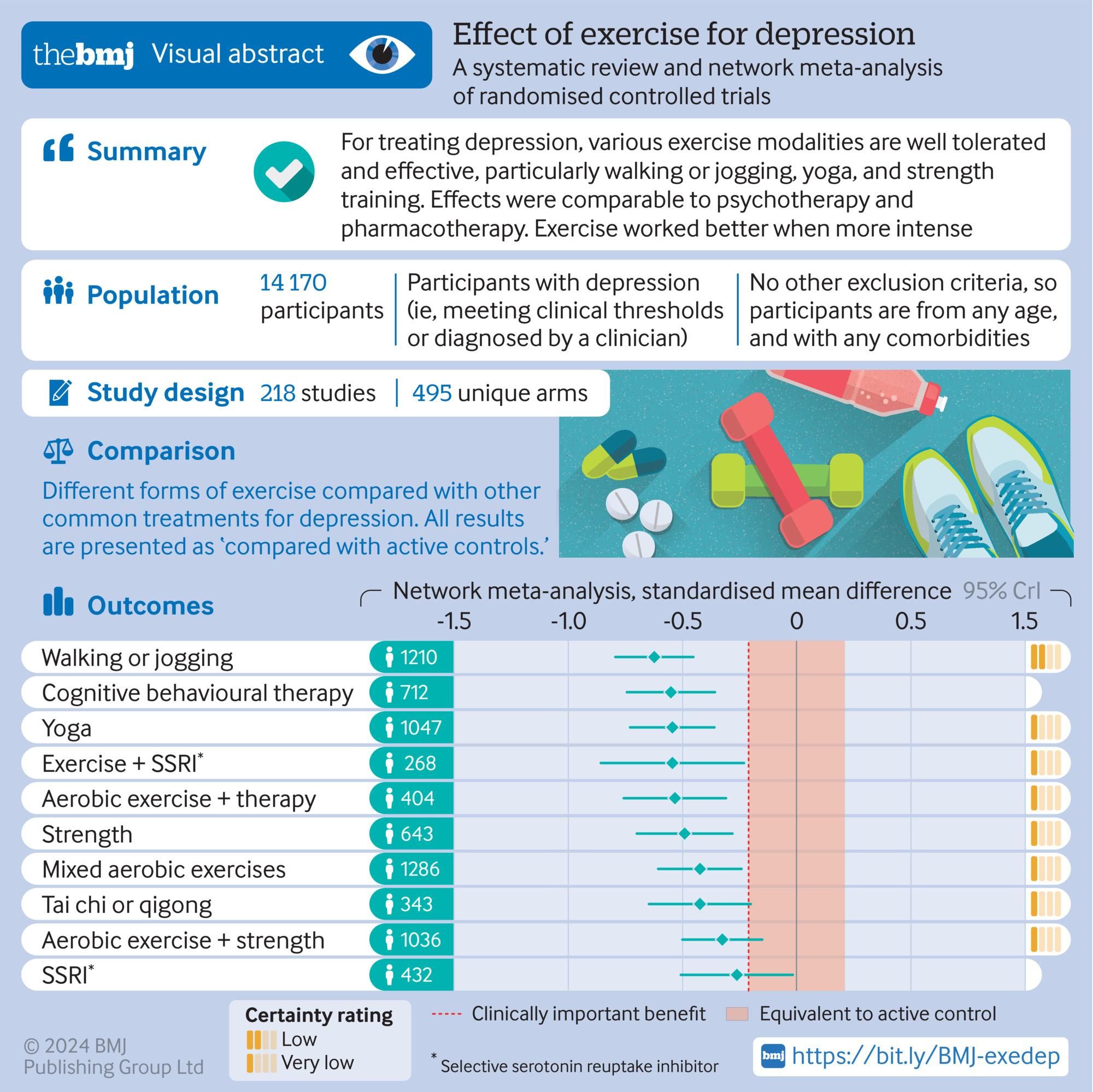Running and Academic Success: How Aerobic Exercise Boosts Learning


By Coach Weber
Philippians 4:13 – “I can do all things through Christ who strengthens me.”
Why Running Improves Academic Performance
Running isn’t just good for the body—it’s one of the most powerful tools to sharpen the mind.
Research shows that aerobic exercise like running improves brain function, concentration, memory, and overall academic success.
According to the Centers for Disease Control and Prevention (CDC), students who participate in regular physical activity tend to have higher grades, better classroom behavior, and improved concentration compared to their less active peers.
(CDC, 2013)
When students run regularly, blood flow and oxygen delivery to the brain increase, supporting better problem-solving, faster information processing, and stronger memory retention. These are the same skills that drive higher test scores and classroom performance.
How Running Boosts Brain Power and Learning
Running strengthens not just muscles—but the mind’s learning engine. Here’s how: 🧠
Running Increases Brain Oxygen and Neuroplasticity
Every stride pumps oxygen-rich blood through the body and into the brain.
This fuels the growth of new neurons and connections in the hippocampus, the brain’s learning and memory center.
Harvard Medical School reports that aerobic exercise stimulates the release of brain-derived neurotrophic factor (BDNF), a chemical essential for long-term memory and focus.
(Harvard Health, 2021)🧩 Running Improves Focus and Executive Function
Running trains the brain to sustain attention, control impulses, and switch tasks efficiently—all part of executive function, a key driver of academic achievement.
A review by the National Institutes of Health (NIH) found that aerobic exercise enhances these cognitive processes, leading to better concentration and academic engagement. (NIH, 2015)🌟
Running Reduces Stress and Improves Mental Health
Running helps manage stress hormones like cortisol while increasing feel-good endorphins.
This chemical balance improves mood, confidence, and motivation—all essential for learning.
Studies show that running can reduce symptoms of anxiety, ADHD, and depression, giving students the emotional stability needed to perform academically.
Scientific Studies Linking Running to Academic Success✅
Higher Fitness = Higher Grades
A study published in Frontiers in Psychology (2023) found that students who ran once a week for 16–25 minutes outperformed 88% of their peers in academic performance.
(Frontiers in Psychology, 2023)✅ Aerobic Fitness Correlates with Test Scores
Researchers have consistently found that students with higher aerobic capacity (VO₂ max) score better on standardized tests and report higher GPAs. (PubMed, 2011)
The CDC’s comprehensive review of 50 studies confirmed that regular aerobic exercise improves academic performance, focus, and behavior.
(CDC, 2013)
Real-World Results from the Field
As a cross-country and track coach, I’ve seen the science come alive every season.
Our teams not only won multiple Washington State athletic championships, but also academic championships for having the highest cumulative GPA in the state—one year achieving a 3.96 team average.
The Washington State Legislature recognized one of the past teams I had the privilege of coaching, celebrating their achievement of nine consecutive athletic state titles paired with top academic honors.
At JPII, seven of the last eight valedictorians have been runners on our cross-country or track teams—and the one who wasn’t officially on the roster still ran with us each summer.
The takeaway is clear: Running doesn’t take time away from learning—it fuels it.
Running Builds Healthy Habits for Life
The benefits of running extend beyond the classroom.
Students who run regularly often experience:
- Better sleep quality and daytime energy
- Improved stress management and emotional regulation
- Higher confidence and goal-setting discipline
- Stronger social connections through team running
- Increased motivation and resilience
Running helps students develop mental endurance, a skill that translates directly to studying, test-taking, and handling life’s challenges.
Why Withholding Exercise Hurts Academic Progress
Unfortunately, some schools still use exercise as punishment—removing physical activity when grades drop.
This practice works against academic improvement.
When running time is taken away, students lose a natural and proven way to improve focus, emotional stability, and mental energy.
The CDC and educational researchers strongly recommend that schools never withhold physical activity as discipline, since it’s vital to both physical and cognitive development. Based on practical hands-on experience with decades of coaching, I recommend the same.
The Spiritual Side of Running
During the COVID-19 pandemic, running kept our student-athletes connected and hopeful. We had about half the school out at times because it was the only social connection available at the time.
Many used their runs as a form of prayer and reflection.
The combination of movement, faith, and fresh air helped them stay emotionally strong even through isolation.
In my experience, running strengthens far more than legs—it strengthens hearts, minds, and spirits. It teaches perseverance, faith, and gratitude.
As Scripture reminds us:
“I can do all things through Christ who strengthens me.” – Philippians 4:13
Key Takeaway
Running is not just an extracurricular activity—it’s a proven strategy for academic and personal excellence.
Schools, coaches, and parents should view running as an essential component of student success.
If we truly want to prepare students to reach their God-given potential, then running and aerobic exercise should be part of every educational environment.
Citations
-
Centers for Disease Control and Prevention (CDC). The Association Between School-Based Physical Activity, Including Physical Education, and Academic Performance. 2013.
https://www.cdc.gov/pcd/issues/2013/13_0010.htm -
Hillman, C.H., et al. “Aerobic Fitness and Cognitive Development.” Journal of Sport & Exercise Psychology, 2009.
https://pubmed.ncbi.nlm.nih.gov/22093124/ -
National Institutes of Health. Physical Activity and Brain Health. 2015.
https://www.ncbi.nlm.nih.gov/books/NBK201501/ -
Frontiers in Psychology. “Effect of Running Frequency on Academic Performance.” 2023.
https://www.frontiersin.org/journals/psychology/articles/10.3389/fpsyg.2023.1271431/full -
Harvard Health Publishing. “Exercise Can Boost Your Memory and Thinking Skills.” 2021.
https://www.health.harvard.edu/mind-and-mood/exercise-can-boost-your-memory-and-thinking-skills -
ADDitude Magazine. “The ADHD Exercise Solution.” 2021.
https://www.additudemag.com/the-adhd-exercise-solution/ -
Livescience. “Exercise Is Medicine for the Brain.” 2008.
https://www.livescience.com/9624-exercise-medicine.html





For decades, I have seen firsthand the positive benefits of running and aerobic exercise on kids' mental health, as shown in this chart. The study above in 2024 once again confirms the value of aerobic exercise. Running helps kids process their day in ways few other exercises can match.
Citation: https://www.bmj.com/content/384/bmj-2023-075847